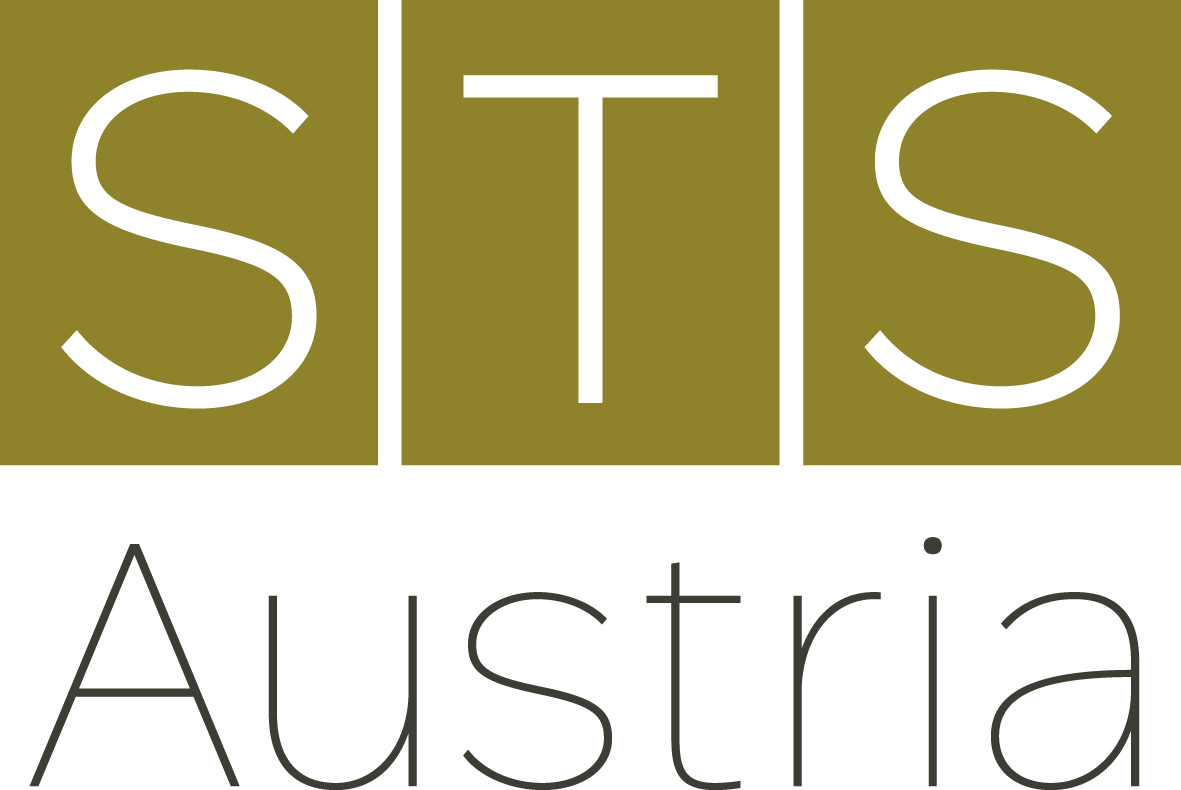Monday, 27 November, 2023
17:30-19:00 Sitzungssaal (open to the public)
Pelin Tan, Batman University
Chair: Monika Halkort
Structural violence and inter-colonial memory are deeply integrated with the landscapes and topographies of local communities where fragments of layered geontologies operate. The effects of conflict and the active renegotiation of borders demand a transformation in the way that infrastructure is approached and worked with. Here, infrastructures that exist in thresholds such as care, solidarity, and commoning are function and sustained through survival pedagogies and communal interdependencies. In this context, the matter of the scale of threshold infrastructure lies between the planetary and subjectivity in the site of the commons. This presentation will share the experience and methodology of engagement, failures, and solidarity between research methodologies and artistic research in the realm of more-than-human rights and socio-spatial justice. Questions will be the core part of the discussions: How is research possible in a fluid and unconditional conflict territory? How artistic phenomenologies may create many ways of knowing and social coexistence? How critical mapping can be used for the testimony of the more-than-human rights violations? How the rights of non-human assemblies in extractive zones can be supported through art and architectural solidarity? How eco-female labor is creating resistance against slow violence? How pastoralist practices are interrupted through territorial control? How the patchy Anthropocene approach can be combined with artistic research? How to build the De/archive of Tigris Phenomenologies? This lecture will consider the value of balance between theory and activism, the distribution of power of agencies, the broken narratives of dispossession, and the limits and potentialities of artistic practices/research.
The keynote by Pelin Tan is open to the public and will be followed by a roundtable discussion exploring the results of the afternoon workshop on speculative methods.
